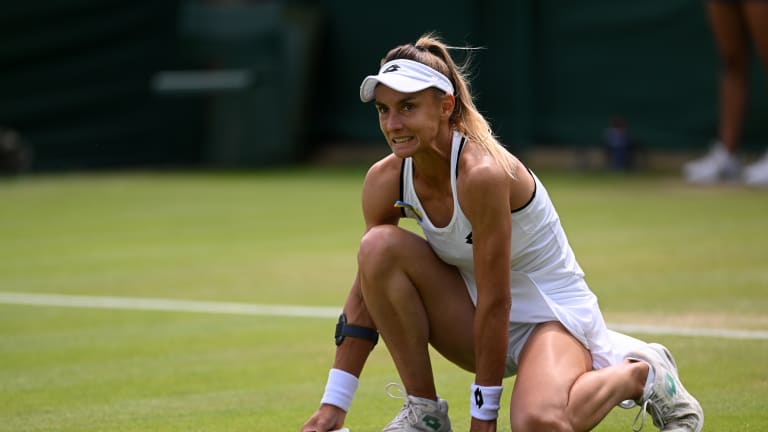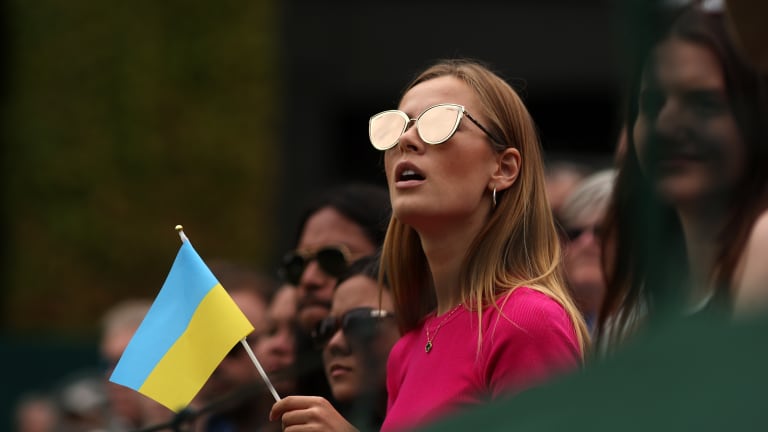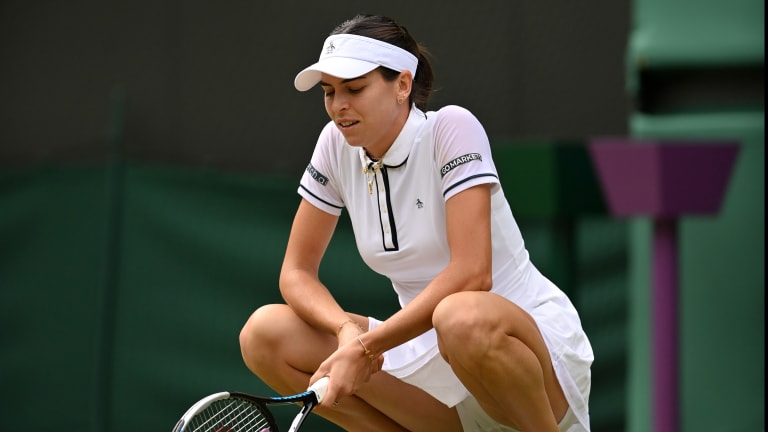Wimbledon
The WTA misses the mark in attempting to fine Wimbledon
By Jul 07, 2022Wimbledon
Wimbledon to replace line judges with electronic line calling from 2025
By Oct 09, 2024Wimbledon
The amazing journey of Henry Patten from IBM data logger to Wimbledon doubles champion
By Jul 16, 2024Wimbledon
Hsieh Su-Wei, Jan Zielinski win mixed doubles title at Wimbledon
By Jul 15, 2024Wimbledon
Why Wimbledon Endures
By Jul 15, 2024Wimbledon
Novak Djokovic seeks 2024 answers for Alcaraz and Sinner after great effort: 4 ATP Wimbledon takeaways
By Jul 14, 2024Wimbledon
Carlos Alcaraz is a champion establishing how high he will climb with latest Wimbledon title
By Jul 14, 2024Wimbledon
Nicolai Budkov Kjaer makes history in winning junior boys' Wimbledon title; Renata Jamrichova wins girls' title
By Jul 14, 2024Wimbledon
Carlos Alcaraz beats Novak Djokovic again in Wimbledon final for fourth Grand Slam title
By Jul 14, 2024Wimbledon
For Jasmine Paolini, Barbora Krejcikova was one forehand and one serve too good in the Wimbledon final
By Jul 13, 2024The WTA misses the mark in attempting to fine Wimbledon
The loss of rankings points has done far more to muddy rather than clarify the true pecking order in tennis. And now comes this.
Published Jul 07, 2022
Advertising

Lesia Tsurenko, from Ukraine, has put things in perspective despite the chaos swirling around her.
© Getty Images
Advertising

A spectator holding a Ukraine flag watched Marta Kostyuk play at the All England Club.
© Getty Images
Advertising

Ajla Tomljanovic, who reached the quarterfinals at Wimbledon, won't get the ranking-point windfall she rightfully earned.
© Justin Setterfield